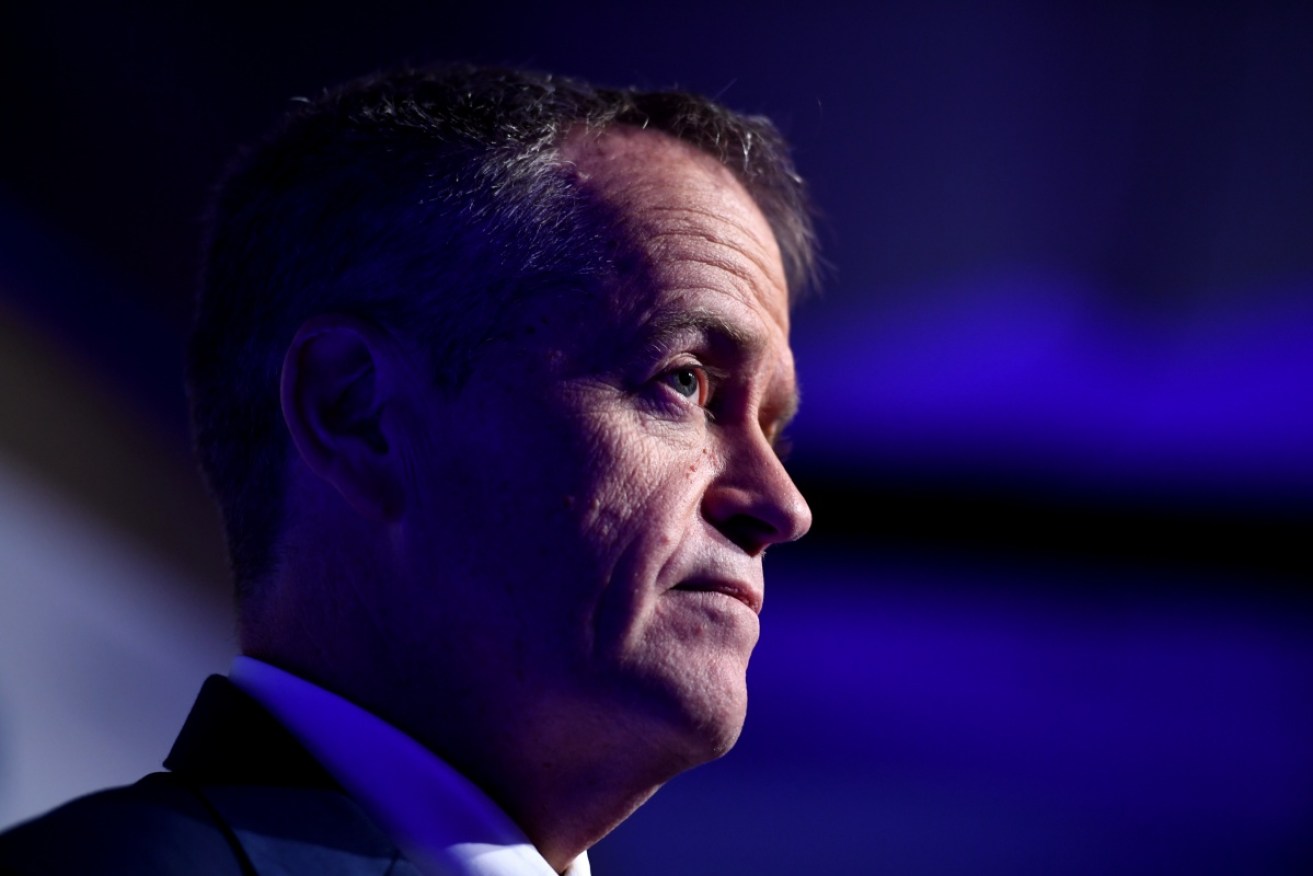How the business lobby plans to fight Shorten’s crackdown on trusts


Labor has vowed to reform dividend imputation. Photo: AAP
Labor’s plan to stamp out tax avoidance looks set to face fierce opposition from Australia’s powerful business lobby, which has vowed to fight the measure in the lead-up to the next federal election.
But rather than arguing that wealthy individuals should be allowed these tax breaks – an argument one tax expert acknowledged would hold little sway with the electorate – interest groups will appeal to the plight of small business owners to justify keeping laws as they are.
Labor leader Bill Shorten’s proposed reforms would raise taxes on so-called ‘discretionary trusts’ – complex legal structures that allow wealthy individuals to reduce their taxes.
Labor claims the measure would stamp out “aggressive tax minimisation”, saving around $1 billion a year.
But a number of high-profile lobby groups – including the powerful Australian Chamber of Commerce and Industry (ACCI) – told The New Daily the policy would inadvertently harm small business owners, who are using the rules legitimately and are gaining no tax advantages from them.
What are discretionary trusts?
Discretionary trusts are entities set up by (usually wealthy) individuals or businesses to hold assets.
Take imaginary rich person, hedge fund manager Jacinta Bloggs. She has maxed out her superannuation contribution allowance, but still has plenty of spare wealth she wants to “protect” from tax.
So she sets up a trust, within which she holds assets worth, say, $10 million. Let’s say those assets earn 5 per cent interest, or $500,000 a year.
Ms Bloggs wants to get her hands on that $500,000. But she doesn’t want to pay her own 47 per cent rate of tax on it.
So instead, she pays it to her husband (who doesn’t work), and her two children, both of whom are over 18 and at university, and therefore have no income.
As a result, the income tax due on these payments is far lower than it would have been had she paid herself directly.
It is this kind of opportunistic, though entirely legal, tax avoidance that Labor wants to stamp out.
Under its policy, all payments out of a discretionary trust would attract at least 30 per cent tax, even if they went to someone in the nil rate tax bracket.
Collateral damage
Professor Robert Deutsch of the Tax Institute told The New Daily that stamping out this sort of behaviour is “not unfair”.
But he said not all those who use discretionary trusts are wealthy.
In fact, of the 800,000 or so trusts in Australia, he said at least a quarter belong to small business owners.
Take Jeff Bloggs, the corner shop owner.
Imagine he runs his business through a trust. The advantage of doing this is if he goes bankrupt, the business assets (such as the business premises) are out of the reach of bankruptcy claims.
Now, say Mr Bloggs pays himself $100,000 a year. Under the current rules, he would pay $26,632 in tax.
But under Labor’s new 30 per cent tax, he would pay $30,000 – an extra $3368 a year.
In other words, Labor’s policy would leave him worse off.
Professor Deutsch said, to avoid this extra tax, Mr Bloggs would have to trade in his own name.
“But that would give him no asset protection if the business went belly-up,” he said.
This is exactly the argument used by Peter Strong, head of the Council of Small Business Australia.
“It’s going to hit the wrong people,” Mr Strong told The New Daily, claiming small business owners would have to overhaul their operating structures.
“We’ll all have to troop down to the accountant’s office, and probably the solicitor’s office, which will have a cost.”
In the lead-up to the next election, Mr Strong vowed to do “a lot of media pointing out why this policy doesn’t target the right people”.
ACCI – the peak body for all Australian businesses – and Chartered Accountants Australia New Zealand also oppose the measure.
James Pearson, chief executive of ACCI, said: “Many small and family businesses use trusts as a legitimate way to manage the family’s assets.
“The last thing small and family businesses need is to have their confidence undermined by the prospect of increased tax bills or complicated changes to their arrangements.”
The union movement, meanwhile, has lent its strong support to the measure.
“We know the vast majority of people using trusts to avoid tax earn more than $500,000 per year and that ends up costing ordinary people who don’t use trusts up to $354 per year in extra tax,” a statement by the Australian Council of Trade Unions read.
“Inequality is rife across our economy, and the ability of the very rich to avoid tax is one of the primary examples of how the system is failing working people.”
Professor Deutsch said there was “no easy” way of clamping down on rich tax dodgers while simultaneously protecting small business owners against a one-time increase in accountancy and legal fees.
This means voters and lawmakers will have to decide whether or not the hassle and expense felt by some small businesses is a price worth paying to stop rich people exploiting the system.








